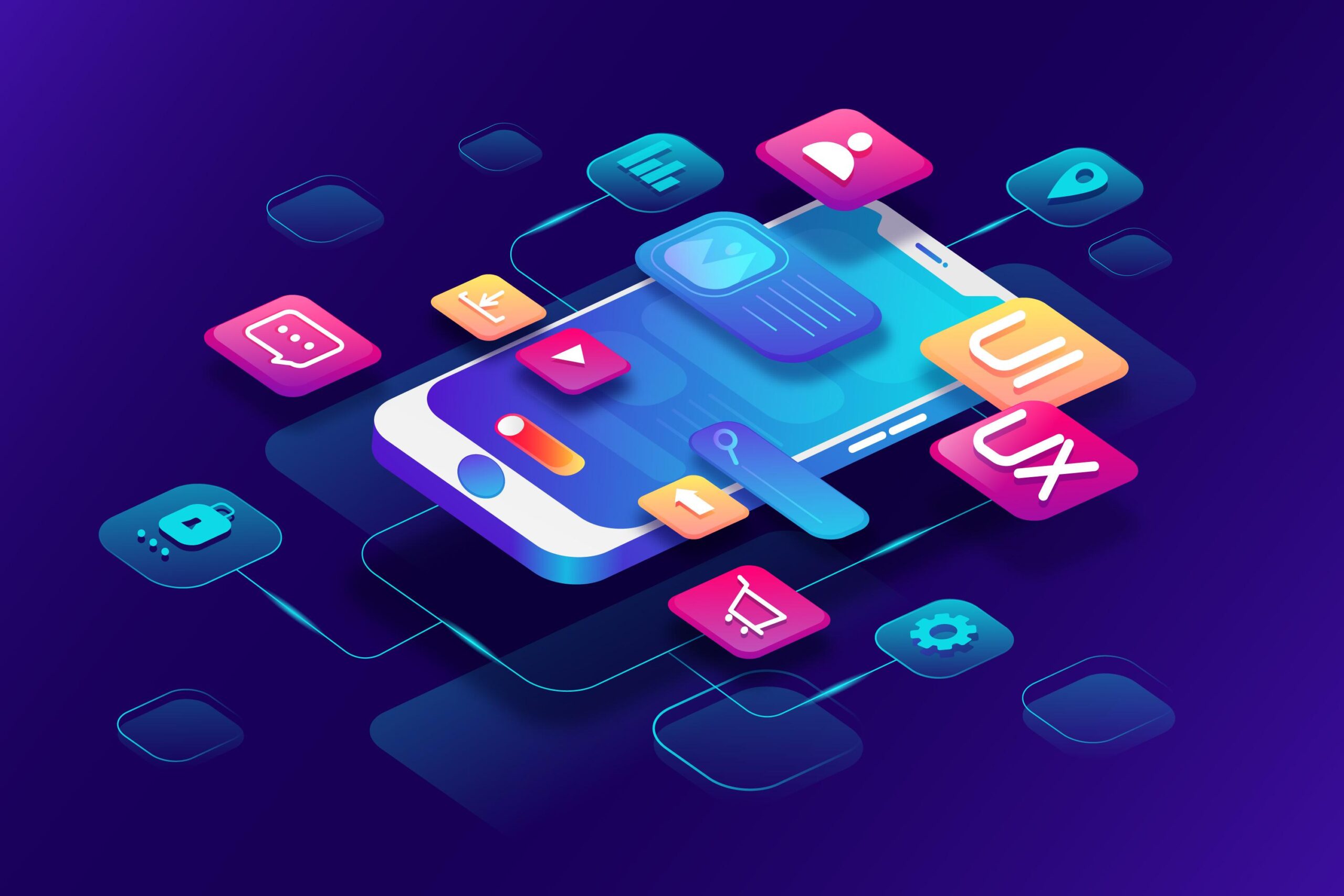
For decades, the Indian education landscape has been deeply intertwined with the concept of coaching classes. They’ve been seen as the bridge between academic schooling and high-stakes examinations, especially for competitive fields like engineering, medicine, law, and government services. But over the last ten years, the role, reach, and relevance of coaching classes in India have evolved dramatically.
Today, the focus is slowly shifting from just producing toppers to cultivating critical thinkers, skilled professionals, and confident individuals. This transformation has not only redefined how students learn but also how parents evaluate success. Let’s explore this journey—from chasing ranks to nurturing real growth.
The Beginning: Rank-Centric Rigor
The roots of India’s coaching industry can be traced back to cities like Kota, Hyderabad, and Delhi, where thousands of students moved annually in pursuit of JEE and NEET success. In these early days, coaching was synonymous with hard discipline, long study hours, and cutthroat competition.
The goal was clear: crack the exam, get the rank, and secure admission into a reputed college. Institutes focused on test patterns, mock exams, and intense practice. The system worked well for a subset of disciplined, academically driven students—but often overlooked emotional wellness, creativity, and individual learning styles.
The Wake-Up Call: Mental Health and Burnout
With time, concerns began to rise. Media reports highlighted a growing number of cases of student burnout, anxiety, and even extreme outcomes like student suicides. It forced society to ask: Is scoring a rank really worth sacrificing mental well-being?
Parents, educators, and psychologists began calling for a more balanced approach. The coaching industry—previously unbothered by these concerns—started responding. Slowly, institutions began including:
- Counselling sessions
- Stress management workshops
- Smaller batch sizes
- One-on-one mentorship programs
This marked the beginning of a cultural shift—from a rank-obsessed model to one that recognized the individual behind the scorecard.
Tech Disruption: Learning Beyond the Classroom
The rise of edtech has completely redefined the way coaching operates. Platforms like BYJU’S, Unacademy, Vedantu, and PhysicsWallah have disrupted the traditional model by making high-quality content available to students across geographies.
Now, students in tier-2 and tier-3 cities no longer feel disadvantaged. With just a smartphone and an internet connection, they have access to the same faculty, test series, and learning resources as someone in Delhi or Mumbai.
Online coaching has also introduced:
- Self-paced learning
- AI-driven performance analytics
- Gamified quizzes and interactive content
- Flexible revision models
Most importantly, it has put students in control of their time, progress, and learning path.
Hybrid Models: The Best of Both Worlds
Recognizing that neither purely offline nor purely online systems are perfect, many coaching institutes have now adopted a hybrid approach. Students attend key lectures in person, interact with mentors, and practice from home via recorded videos or app-based tests.
This flexibility caters to different learning styles. A student who needs personal attention can benefit from face-to-face interaction, while another who learns better by revisiting concepts at night can use the digital tools. This level of customization was unthinkable a decade ago.
Focus on Life Skills and Career Readiness
A major shift in recent years has been the inclusion of soft skills, communication training, leadership workshops, and even entrepreneurial modules in some coaching curriculums. Educators now realize that rank isn’t everything. In a world where employers value problem-solving, adaptability, and people skills, the coaching space is beginning to fill in the gaps left by traditional education.
For example:
- UPSC coaching centers now include current affairs analysis and mock interviews
- English-speaking institutes offer public speaking and group discussion training
- Coding bootcamps promote collaborative problem-solving
These add-ons are turning coaching centers into personality development hubs, not just rank factories.
Data-Driven Progress Tracking
Another innovation in coaching is the use of data and analytics to track student progress. Regular tests are now backed by detailed feedback dashboards that show:
- Time spent per question
- Accuracy trends
- Topic-wise weaknesses
- Comparative performance in batch
This has helped students identify their gaps early and focus their efforts accordingly. It also gives parents objective clarity about their child’s development, reducing unnecessary panic and pressure.
Coaching for All: Democratization of Quality Education
Earlier, top-quality coaching was limited to students who could afford to relocate or pay premium fees. But that’s no longer the case.
With free or low-cost online resources, access to digital doubt sessions, and recorded lectures available 24/7, learning has become more inclusive. Students from rural areas, economically disadvantaged backgrounds, and first-generation learners can now compete at a national level—often outperforming urban peers.
This democratization has been a game-changer in India’s education story.
The Role of Platforms Like Adsblast
With so many options—offline institutes, online platforms, hybrid formats—it’s natural for students and parents to feel overwhelmed. This is where classified platforms like Adsblast come into play.
Adsblast helps users discover, compare, and connect with verified coaching classes in India across cities, subjects, and formats. Whether you’re looking for IIT coaching in Jaipur, coding classes in Pune, or spoken English institutes in Chennai, Adsblast streamlines your search with authentic listings and real reviews.
This not only saves time but ensures you choose the right class for your needs—not just the most advertised one.
The Road Ahead: Personalized, Purpose-Driven Learning
As the world of work changes, so must education. In the near future, coaching classes are expected to:
- Offer AI-personalized learning paths
- Use virtual reality to teach complex concepts
- Provide career counseling alongside test prep
- Embrace interdisciplinary coaching for fields like liberal arts, design, and business
Ultimately, the coaching industry in India is no longer just a shortcut to a rank—it’s evolving into a platform for real growth.
Conclusion
The story of coaching classes in India is no longer about pressure and perfection. It’s about possibility and progress. While ranks and results still matter, today’s best coaching centers care about more than just numbers. They’re focused on nurturing skills, building confidence, and creating learners who are ready—not just for exams—but for life.
This evolution is not just welcome—it’s essential.



